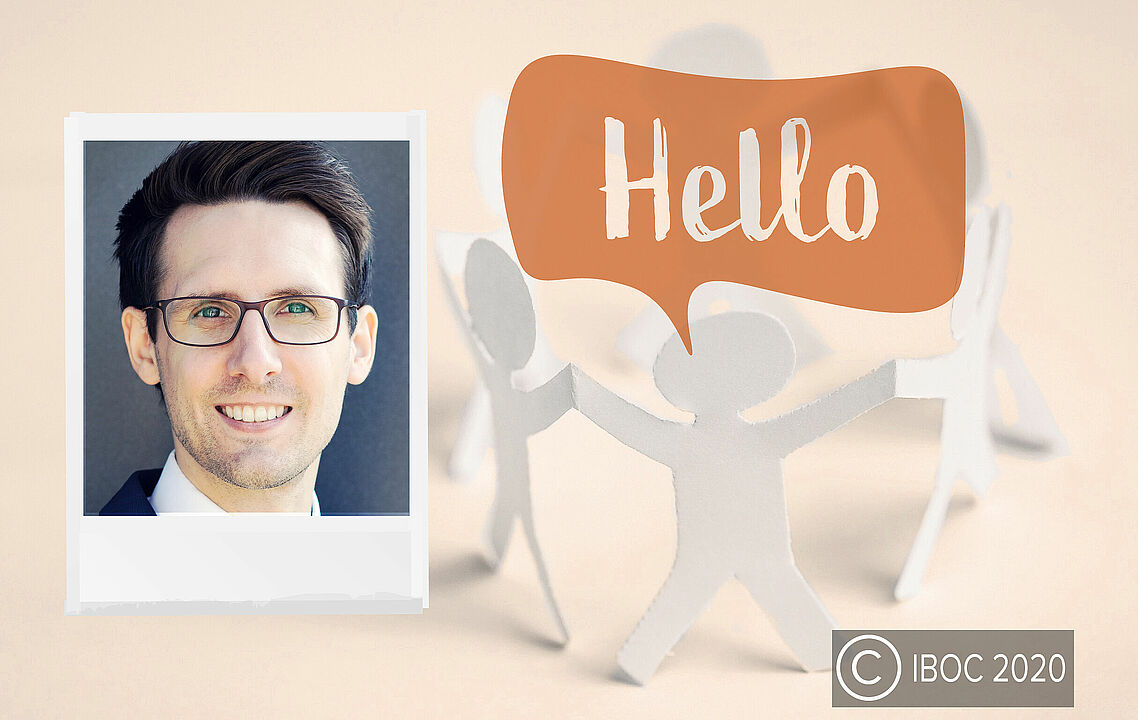Andreas Sebastian Klein studied biochemistry at the Heinrich-Heine-University and worked from 2013-2017 on the natural product class of prodiginins. In 2018 he completed his research on this topic with the successful defence of his doctoral thesis. He remained a valuable member of the institute until the end of January 2020 and worked on chemoenzymatic cascade reactions to tetrahydroisoquinolines. He then moved on to ETH Zurich for another postdoctoral stay in the young research group of Prof. Cathleen Zymer, whom he had met during Biotrans 2019 in Groningen. In the summer of 2020, he followed her to Munich, where Prof. Cathleen Zymer continues her work in a newly formed group He would like to give three important keywords to current IBOC staff: Curiosity - teamwork - patience.
Andreas, thank you very much for your exciting report. We wish you all the best and continuing success.
As always, you can find the complete questionnaire in the Bocipedia


